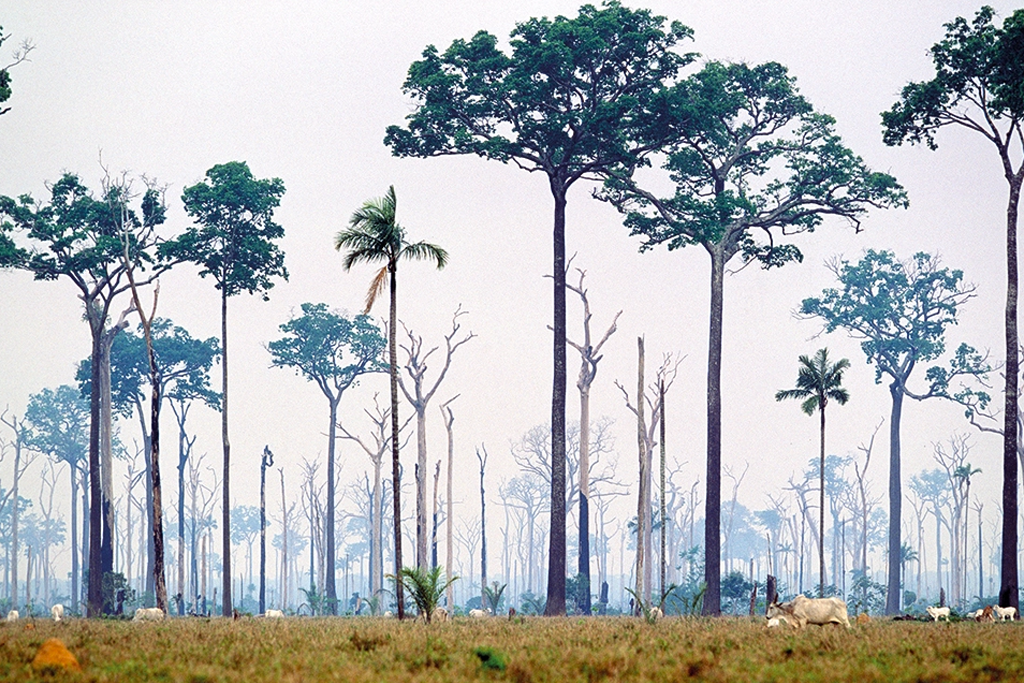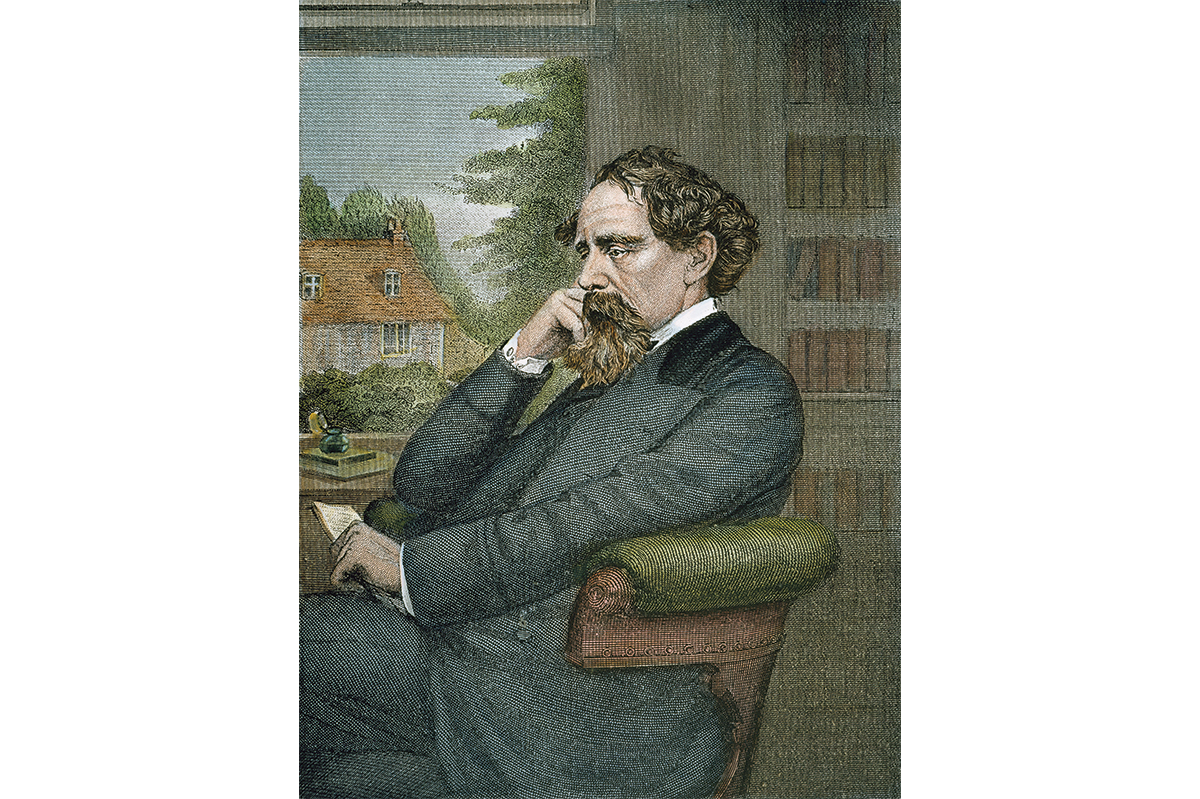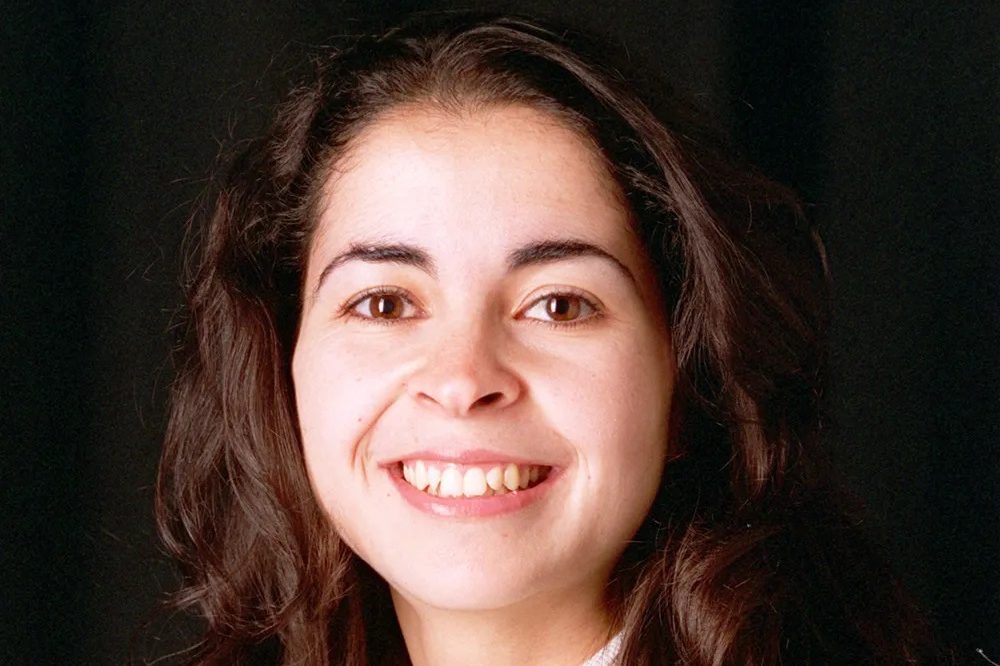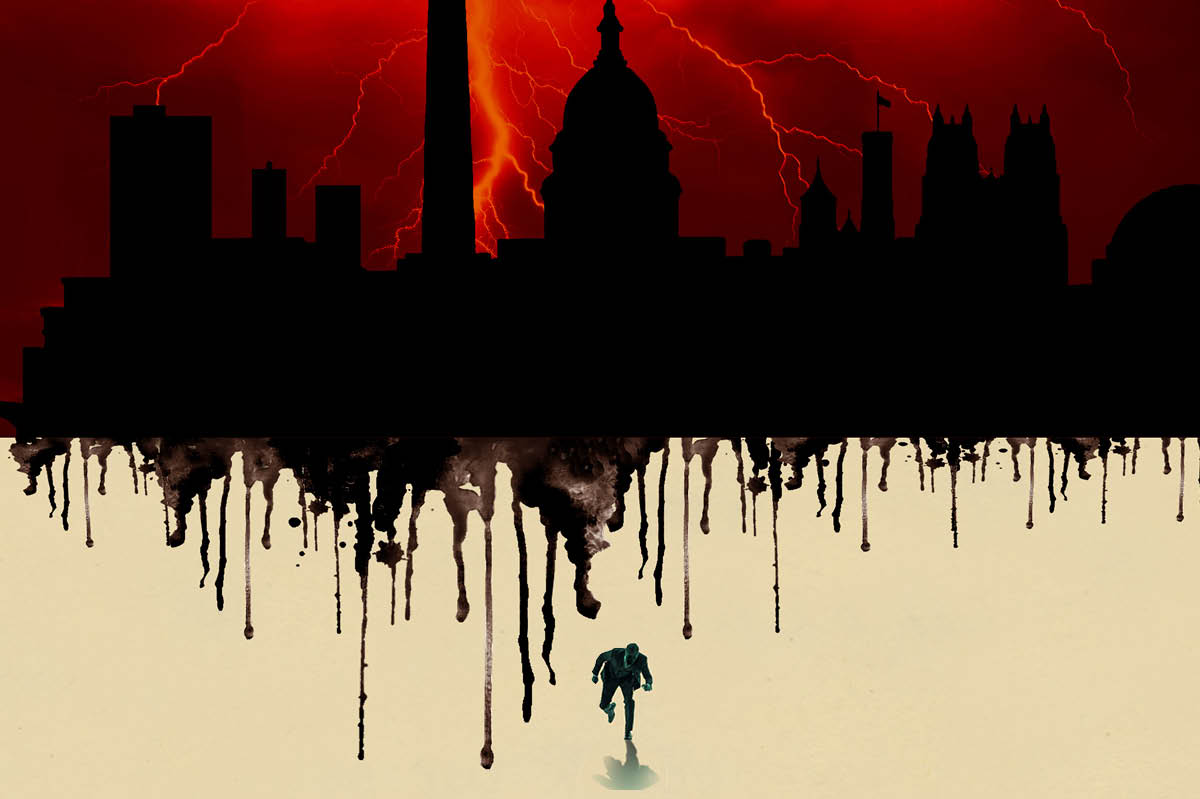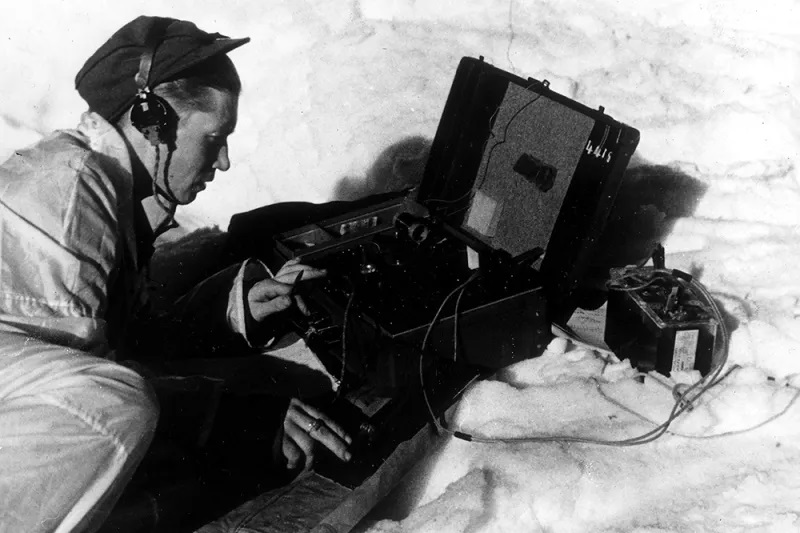Around dinner time on November 21, 2000, a nervous nineteen-year-old man knocked on the door of Maria Joel Dias da Costa’s house, located in the backcountry Amazonian town of Vila Rondon. The unknown man asked to see her husband Dezinho, a union leader, but he was out. She invited the visitor to wait, which he did for a while, but then he got up to go. As he was leaving, Dezinho was just arriving home. Seconds later, Maria Joel’s husband was lying dead in a ditch, the life blasted out of him by a .38-caliber revolver.
So runs the centerpiece of Masters of the Lost Land, a compelling and forensically researched piece of investigative reporting by the Spanish journalist Heriberto Araujo. His four-year search to explain the how and why of this cold-blooded murder leaves few stones unturned: 200 face-to-face interviews, 100,000 pages of documentation sourced from a dozen archives and scores of freedom of information requests (the endnotes alone run to sixty-seven pages).
With more than 1,700 murders over the past decade, never has there been a more dangerous time to be an environmental activist. And nowhere is more perilous than Amazonia, as last year’s high-profile killing of the British journalist Dom Phillips and the indigenous campaigner Bruno Pereira illustrated. In that sense, Araujo’s book provides a thorough, yet sadly familiar, chronicle of a death foretold.
The first half takes us up to the moment of the gunman’s appearance at Dezinho’s door. The backstory is one shared by millions of other poor immigrants to the world’s largest rainforest. Attracted by the government-backed slogan “A land without people for people without land,” Maria Joel and her husband headed to Pará state to build a new life. It was the 1980s, and Amazonia was finally opening up for business: new highways, abundant investment and a surplus of opportunities for getting rich quick.
The only snag was the promise of land. There was none. Large landowners had already bought up whatever was going spare. What they couldn’t buy, they stole. As Araujo documents at length, land-grabbing — known as grilagem — reaches astronomic levels in Amazonia. Land certificates are forged, legal documents destroyed and, when necessary, owners are “removed.” An early chapter describes the fate of two homesteaders who tried resisting: it is entitled “The Chainsaw Murder.” Like thousands of other bright-eyed settlers, the newly married couple were compelled to shelve their dreams of El Dorado and take whatever jobs they could find. In Dezinho’s case that meant opening “skid trails” in the virgin jungle so that logging trucks could get busy deforesting.
It was dangerous work. The same lawlessness that facilitated the building of vast private fiefdoms also resulted in slave-like working conditions. Lured by false promises, work-hungry immigrants would find themselves confined to remote farms with little pay and constant threats of violence. In a rare tale of escape, Araujo recounts the case of two workhands who fled incarceration on a farm near Vila Rondon in the early 1990s after the discovery of charred human remains. So common had such allegations become that the region’s head of security was initially ‘not that enthusiastic’ about investigating.
Where Araujo’s story takes an unexpected turn is the refusal of his chosen protagonists to back down. Inspired in part by the rhetoric of one Luiz Inácio Lula da Silva — then the firebrand leader of the opposition Workers Party, now Brazil’s president for a second time — Dezinho threw himself into the local rural workers’ union. In his new role as a grassroots activist he helped hundreds of fellow disenfranchised poor to occupy local farms that had been acquired under dubious legal circumstances. From that moment his card was marked.
The second half of the book deals with the fallout from his assassination. There are more twists and turns than a Hollywood spy thriller, from bent cops and faceless assassins (pistoleros) to slimy defense lawyers and election-rigging mayors. Behind it, allegedly, lay a criminal syndicate of all-powerful landowners, the kingpin of whom was a convicted killer who also happened to be the ex-president of the region’s influential agribusiness association. In equally filmic style, the book provides a heroine — the widowed Maria Joel, whose pursuit of justice is the one chink of light in this whole bleak saga.
Despite a lively writing style, Masters of the Lost Land is not an easy read. Aside from its grisly content, Araujo’s painstaking research often takes him down rabbit holes that feel tangential to the story. The minutiae of small-town politics and trial processes (conviction, appeal, re-conviction, re-appeal) begin to weigh heavily. Are they necessary? Not if Araujo wants a bestselling page-turner. But in meticulously recreating a world in which primeval forests burn and rural activists die with hardly anyone turning a hair, he is showing us in unvarnished terms how day-to-day injustice works. The result is a devastating dissection of impunity in practice — and the efforts of a brave few to fight back.
This article was originally published in The Spectator’s UK magazine. Subscribe to the World edition here.



